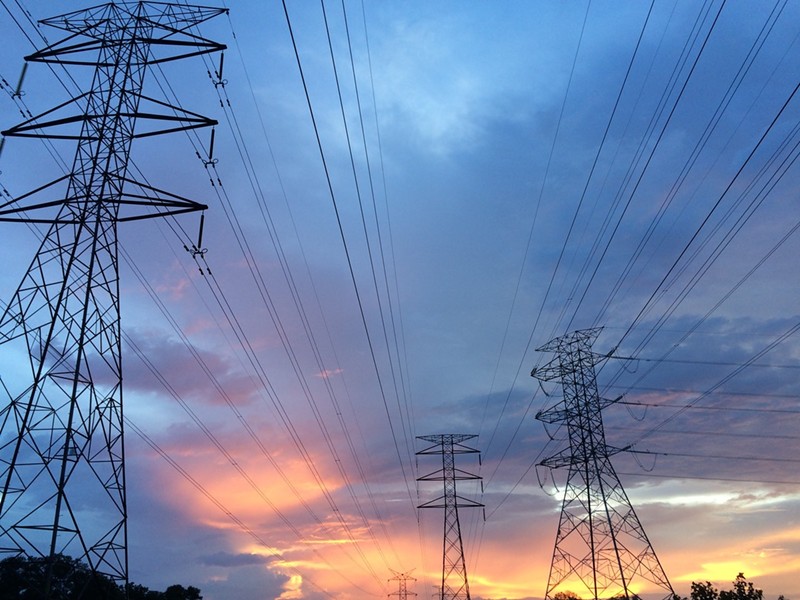With an ice storm happening in Greater Cincinnati and more ice and snow on the way, power outages are predicted. Companies and organizations throughout the region are providing tips on how to handle those electricity emergencies.
Electricity
According to Duke Energy's website, residents should unplug non-essential items and stay away from windows and doors. Find an interior room, closet or hallway.Hamilton County Emergency Management Agency suggests plugging in all electronic devices while the power is still on. That way, officials say, phones and laptops are charged and ready to use if the power does go out. If there's no power at home but your car is accessible, consider charging a phone there. The agency also recommends limiting non-emergency calls and posting your location to social media if you are stuck (and safe) in a vehicle.
If the power isn't available in your home, Louisville Gas & Electric and Kentucky Utilities recommend keeping warm air in and cool air out.
“Seal leaks and gaps around the home with caulk, spray foam or weather-stripping. Make sure warm-air registers are not blocked by drapes or furniture,” they say.
You should also have an emergency kit on hand with a battery-powered radio, flashlights for everyone in the family, fresh batteries for any devices, a first-aid kit and over-the-counter and prescription medications. Hamilton County also recommends adding a can opener, important documents, waterproof matches and hygiene items.
To report power outages to Duke Energy, text OUT to 57801 or call 800-543-5599. To report natural gas, call 800-634-4300.
The CDC and ready.gov has their own recommendations for dealing with a power outage, covering several areas.
Food safety
Food in the refrigerator will start going bad after four hours without power. A full freezer will keep your food safe for 48 hours (25 hours if half-full) if you don’t open the door.Use a cooler with ice if necessary. Monitor food temperatures with a thermometer and throw it out if the temp is 40 degrees or higher.
A general rule is four hours after the power is out, you should throw out perishable foods, including meat, poultry, fish eggs and leftovers.
You can safely refreeze or cook food from the freezer if the food still contains ice crystals and feels as cold as if it was refrigerated.
Drinking water
When the power goes out, your tap water may no longer be good due to water purification systems not functioning fully. You should use “safe water” for drinking, cooking and personal hygiene such as bottled, boiled or treated water.
Medications
If the power is out a day or more, you should throw away medications that need to be refrigerated, unless the drug’s label says otherwise. Consult your doctor or pharmacist immediately for a new supply. If your life depends on that refrigerated drug, you should use it only until a new supply is available.
Carbon monoxide
You should use generators, pressure washers, grills and similar items outdoors only. Generators need to be kept at least 20 feet away from your home. Use an extension cord to keep it at a safe distance. If conditions are too cold, seek shelter with friends or at a community shelter.Install carbon monoxide detectors with a battery backup in central locations on every level of your home. Symptoms of carbon monoxide poisoning include a headache, dizziness, weakness, vomiting, chest pain and confusion.
In addition, ready.gov advises residents to:
- disconnect appliances and electronics to avoid damages from electrical surges
- check with local officials about heating and cooling locations open near you.
A version of this story originally was published by CityBeat sister newspaper LEO Weekly.
Stay connected with CityBeat. Subscribe to our newsletters, and follow us on Facebook, Instagram, Twitter, Google News, Apple News and Reddit.
Send CityBeat a news or story tip or submit a calendar event.






